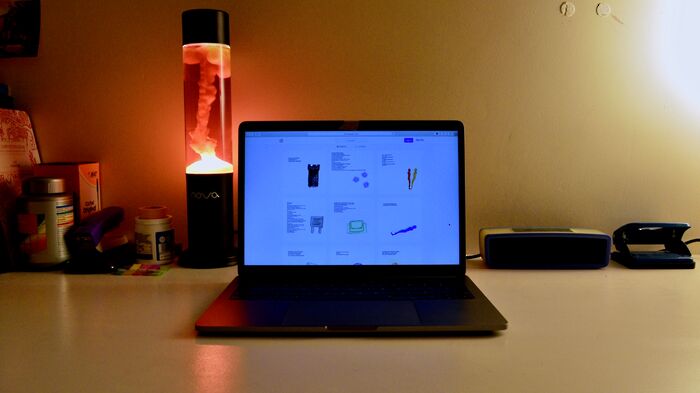Hitting the books: making time
Finding time to read for pleasure during term time can be difficult, Anna Mochar embarks upon an adventure to making time for this often overlooked pastime

It is strange to think about just how much books define my university experience: every week I lug about a stack of books, from the library, to my room, to lectures. And yet, my first year at university seemed strangely devoid of them. I wasn’t reading for pleasure and it seemed like I was rarely engaging with books as a complete work. Rather, I would take from them what I needed to complete the task at hand: a few chapters for an essay, a passage for a commentary. Despite this somewhat incomplete reading experience, I felt like I had reached a level of saturation with regards to my wish to read. It wasn’t until the summer that I picked up a book to read for pleasure again – and doing so was an interesting experience. I realized how much I’d missed reading for fun and realised that there must be some way to incorporate it into my weekly routine, even amidst the bustle of university life. This was the beginning of what has now become a challenge I’m setting myself: to read at least a book a week for fun during Lent term.
“reading seems like an almost decadent use of time”
There are many truisms that deal with time and the way we make use of it. My great-grandma liked to say that you don’t have time, you make it. This can be a frustrating sentence to read when you feel smothered beneath time-consuming extra-curriculars and the typical weekly workload. However, I have noticed that parts of my day tend to turn into a kind of time vacuum: I technically have time to do something I will enjoy and benefit from, but I choose to do nothing instead. What if it was possible to make time, as my great-grandma said, and actually fill those minutes or even hours with a few pages of reading here and there? Might this change the way I approach the concept of free time? Up until now I’ve understood free time as something that has to be completely free of effort of any kind. And then again, how much effort can reading for pleasure really be? Will it turn into yet another stress factor, or will it add a sense of accomplishment to each week?
Reading seems like an almost decadent use of time. You have to sit down and commit part of your day to doing nothing but the task at hand. Whereas, podcasts or TV shows can be consumed alongside a different activity, reading demands your full attention. As mindfulness and meditation become ever more popular as means of taking a step back, re-focussing and “being in your head”, reading for pleasure could perhaps supplement the effect of these activities. When reading, you have to channel your attention and concentration into one single direction. I am interested to see how nudging my mind to dwell on only one thing – the book I am reading – will affect the creation of headspace.
Finally, reading for pleasure might almost be called an anti-social activity, as it is time that you devote to silence and your own reactions to somebody else’s narrative. Therefore, it might be a nice contrast to a social scene, which never seems to sleep during term time. How will themes, such as FOMO come into play when choosing to spend an evening reading? And how will this influence the way I view socialising – perhaps making me appreciate time spent in the company of others in a new way?
These are all questions that I hope to be able to engage with across the course of the next few weeks, simply by making myself read. A page between lectures, a chapter during lunch. Like this, slowly working my way through a book a week, I’ll maybe manage to change up (or establish) my daily routine and approach the time at my disposal in a different way. I am interested to see the development of headspace and my attitude to time spent alone; and, above all, I am interested to see what books will come to define this term.
 Comment / Cambridge’s tourism risks commodifying students18 April 2025
Comment / Cambridge’s tourism risks commodifying students18 April 2025 News / Cambridge student numbers fall amid nationwide decline14 April 2025
News / Cambridge student numbers fall amid nationwide decline14 April 2025 News / Greenwich House occupiers miss deadline to respond to University legal action15 April 2025
News / Greenwich House occupiers miss deadline to respond to University legal action15 April 2025 Comment / The Cambridge workload prioritises quantity over quality 16 April 2025
Comment / The Cambridge workload prioritises quantity over quality 16 April 2025 Sport / Cambridge celebrate clean sweep at Boat Race 202514 April 2025
Sport / Cambridge celebrate clean sweep at Boat Race 202514 April 2025





